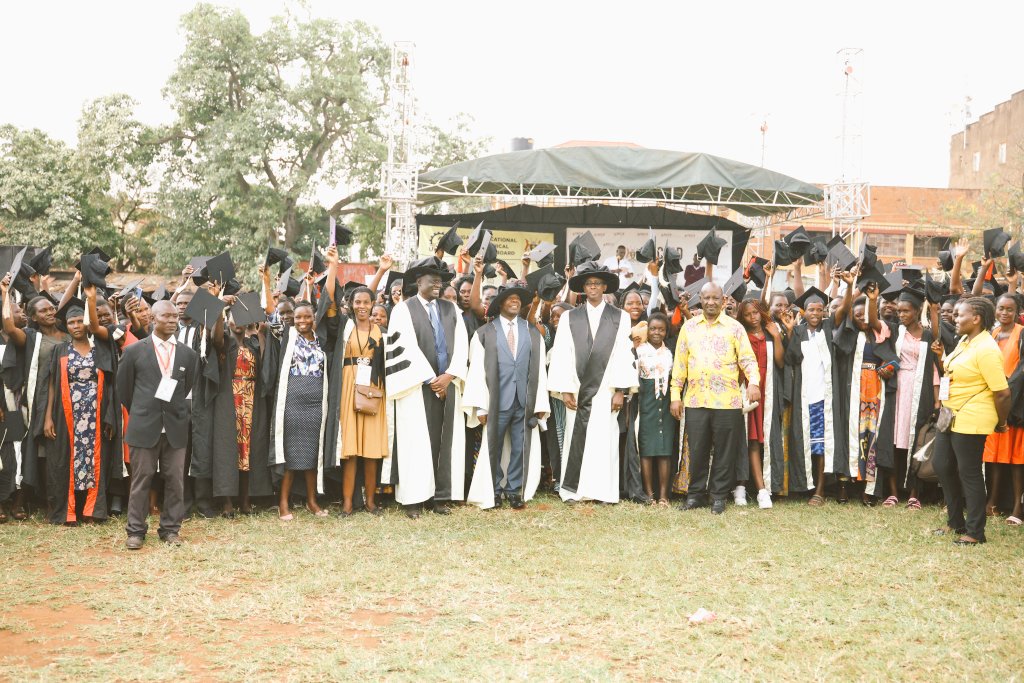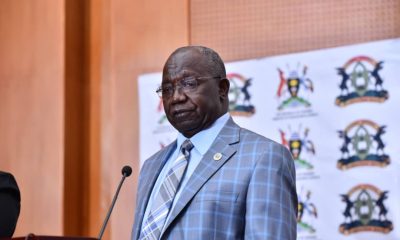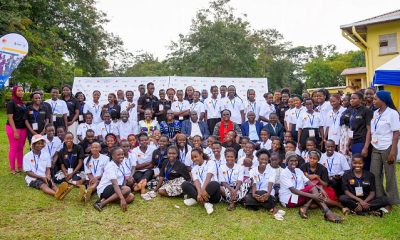Education
Over 1,400 Ugandans Graduate from Government-Led Vocational Training Program in Bukedi
In a country where unemployment remains one of the greatest challenges to socioeconomic transformation, vocational training is increasingly being recognised as a practical solution. Uganda has now registered another milestone in this effort, with 1,412 Ugandans successfully graduating from a government-led vocational training program designed to boost employability, entrepreneurship, and productivity.
The graduates, who were trained across 27 centres in the Bukedi region, received certificates in more than 20 trades, including tailoring, baking, plumbing, carpentry, welding, and poultry farming. The program was jointly implemented by the Uganda Vocational and Technical Assessment Board (UVTAB) and the Presidential Advisory Committee on Exports and Industrial Development (PACIED).
According to official statistics, vocational training has already reduced youth unemployment in Uganda by an estimated 15%, while studies show it increases employability by 30% and boosts entrepreneurship rates by 25%. Experts believe that programs such as this are critical in shaping a workforce that is both skilled and resilient in the face of modern economic challenges.
“This achievement is a testament to the dedication and resilience of our young men and women,” said Onesmus Oyesigye, the Executive Secretary of UVTAB. “These trades form the backbone of Uganda’s economy and play a crucial role in fostering production, employment, and sustainable development.”
The training, conducted under the supervision of certified instructors, blended hands-on practical learning with entrepreneurship and financial literacy. The approach aims not only to equip learners with technical skills but also to prepare them to become job creators in their communities.
PACIED Chairman Odrek Rwabwogo emphasized the need to democratize access to vocational skills beyond university graduates. “You need the common person to take some of those skills and get them certified and apply them at a local level,” he explained. “Certification and aggregation are key if Uganda is to compete in global markets.”
Rwabwogo further underscored the potential of Uganda’s cassava industry, urging cooperatives and certified aggregators to tap into opportunities abroad. “You cannot make a bundle if you don’t train one. Teamwork to supply those markets requires aggregation and cooperatives,” he noted, adding that collective action is essential for industries like cassava flour processing, textiles, and poultry products to penetrate global value chains.
The rollout of the new Technical and Vocational Education and Training (TVET) Act 2025 is also expected to significantly boost standards. The Act requires all Ugandans engaged in productive work to be certified by the TVET Council after assessment by UVTAB. Oyesigye said this will ensure professional credibility, improve quality, and build a strong base of skilled artisans critical for Uganda’s development agenda.
The graduates were urged to carry forward their skills with diligence, innovation, and integrity. Many are expected to establish small enterprises in their local communities, contributing to rural development and reducing the strain on formal job markets.
“This is just the beginning of a promising journey towards personal growth and a brighter future for Uganda,” Oyesigye concluded, as proud families and local leaders celebrated the graduates’ achievements.
With the country prioritizing skills development under the new development agenda, the graduation of over 1,400 trainees represents not only individual success stories but also a strategic step towards reducing unemployment, empowering youth, and driving inclusive economic growth.
Comments



























